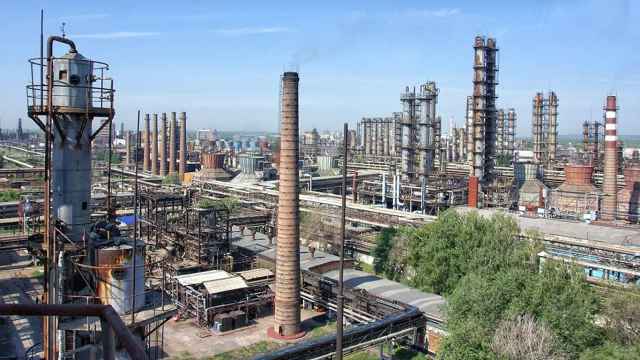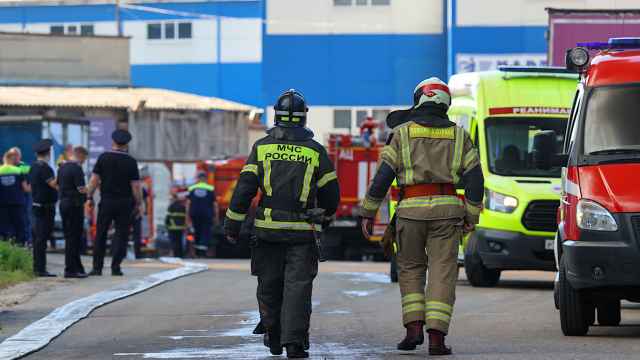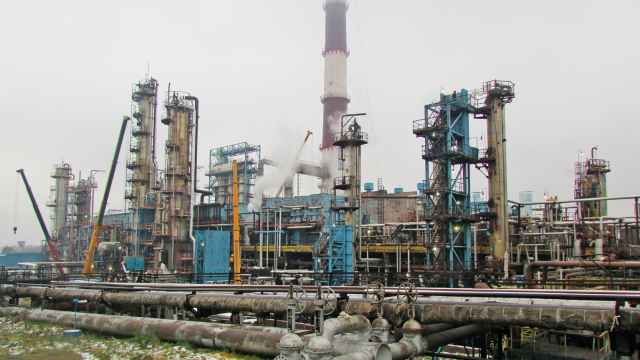Ukrainian drones have struck a major Gazprom oil and petrochemical facility in the republic of Bashkortostan for the second time in less than a week, regional authorities said early Wednesday.
Bashkortostan regional head Radiy Khabirov said the Gazprom Neftekhim Salavat complex, located more than 1,000 kilometers (620 miles) from the Ukrainian border, was targeted in the attack. He did not report any casualties and said the extent of damage was still being assessed.
Khabirov did not say how many drones were involved or when the strike occurred. Russia’s Defense Ministry made no mention of the incident in its update on overnight drone attacks across the country.
An unverified video on social media showed a large black plume of smoke rising from what was said to be the refinery after local residents reported hearing several loud explosions.
Gazprom Neftekhim Salavat, Russia’s 10th-largest refinery with an annual capacity of 10 million metric tons, produces more than 150 petroleum and chemical products. Ukrainian drones targeted the plant last week on Thursday.
Ukraine has stepped up attacks on Russian energy infrastructure in recent months, hitting at least 10 refineries since early August and forcing Russia to slash refining capacity by nearly 20% at one point, according to Reuters. The strikes have contributed to gasoline shortages across the country, which have driven wholesale prices to record highs.
Russia’s pipeline monopoly Transneft has reportedly warned producers that output could be curbed further if drone attacks continue to damage key facilities. Likewise, Gazprom Neft said last week that it had postponed scheduled maintenance at its Omsk Oil Refinery due to government measures aimed at stabilizing domestic fuel supplies.
A Message from The Moscow Times:
Dear readers,
We are facing unprecedented challenges. Russia's Prosecutor General's Office has designated The Moscow Times as an "undesirable" organization, criminalizing our work and putting our staff at risk of prosecution. This follows our earlier unjust labeling as a "foreign agent."
These actions are direct attempts to silence independent journalism in Russia. The authorities claim our work "discredits the decisions of the Russian leadership." We see things differently: we strive to provide accurate, unbiased reporting on Russia.
We, the journalists of The Moscow Times, refuse to be silenced. But to continue our work, we need your help.
Your support, no matter how small, makes a world of difference. If you can, please support us monthly starting from just $2. It's quick to set up, and every contribution makes a significant impact.
By supporting The Moscow Times, you're defending open, independent journalism in the face of repression. Thank you for standing with us.
Remind me later.






